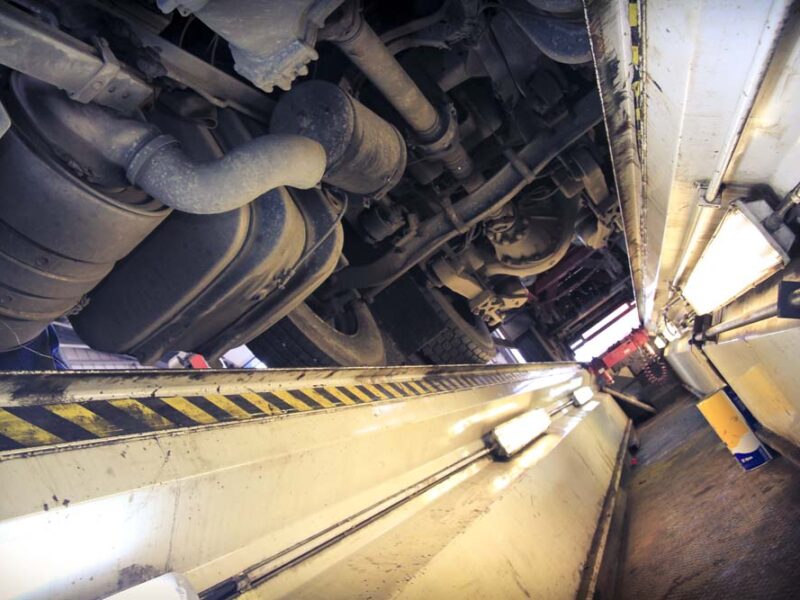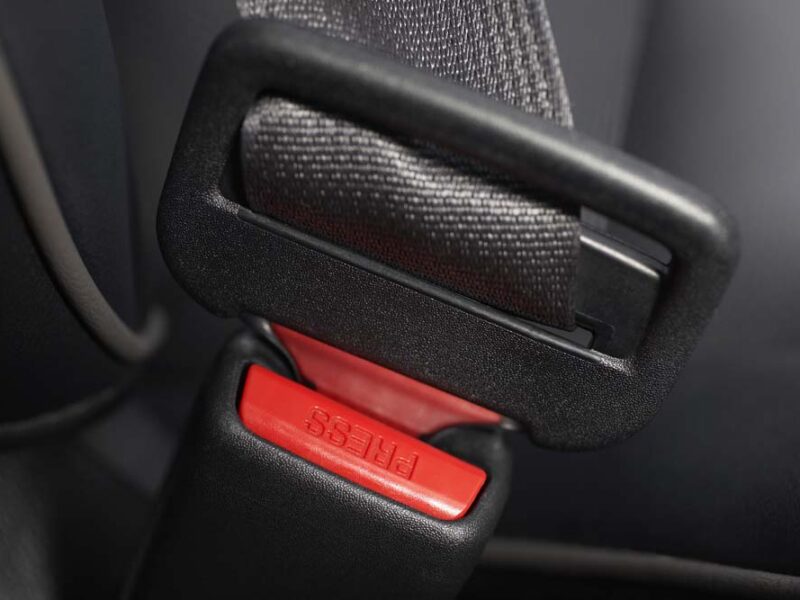Self-Driving Cars on UK Roads to be Reality by 2026
The Prime Minster, Rishi Sunak attended the Policy Exchange on Security on 13th May 2024 where he made a speech which amongst other topics highlighted the need for the UK to invest and embrace Artificial Intelligence, stating that “Technologies like Artificial Intelligence (AI) will do for the 21st century what the steam engine and electricity did for the 19th…[it will] accelerate human progress by complementing what we do, by speeding up the discovery of new ideas, and by assisting almost every aspect of human life”. It seems that one of the first areas that will be breaking the ground in the AI revolution into most people’s everyday lives will be Self-Driving cars! Of course we have heard all this before, and more than once!
Automated Vehicle Act 2023
The Automated Vehicle Act 2023 (‘the Act’) was announced in the King’s speech to mark the State Opening of Parliament in London in November 2023 and has now received Royal Assent and become law. The Act’s purpose is described as enabling advanced technology to safely drive vehicles on British roads, and will be responsible for putting Great Britain “firmly at the forefront of self-driving technology regulation, unlocking the potential of an industry estimated to be worth up to £42 billion and creating 38,000 more skilled jobs by 2035”.
This Act was heralded by Mark Harper, Transport Secretary as an “automotive revolution and…. a milestone moment for our self-driving industry, which has the potential to change the way we travel forever”. He adds, “While this doesn’t take away people’s ability to choose to drive themselves, our landmark legislation means self-driving vehicles can be rolled out on British roads as soon as 2026 in a real boost to both [road] safety and our economy”.
Safety First
Road safety is being marked out as being at the heart of the new legislation, with automated vehicles expected to improve road safety by reducing human error, which is quoted as contributing to 88% of road collisions. Self-driving vehicles will be required to achieve a level of safety at least as high as careful and competent human drivers, and pass stringent checks before being allowed onto public roads. The government believes that the technology will drastically reduce deaths and injuries from drink driving, speeding, tiredness and inattention.
The act delivers the most comprehensive legal framework of its kind worldwide, setting out who is liable for AVs meaning that drivers can be assured that, while their vehicle is in self-driving mode they will not be held responsible for how the vehicle drives. For the first time, large corporations such as insurance providers, software developers and automotive manufacturers would assume this responsibility. A significant shift from the current legal landscape that governs the driving of vehicles in the UK currently. That being said policy holders will need to scrutinise the terms – and exclusions – of their insurance policies, to make sure that they are properly covered.
To ensure that self-driving vehicles are safe for British roads, the vehicle approval system will be supported by a “completely independent incident investigation function”. This is being touted as being a body that will “promote the same culture of learning and continuous improvement that has made our aviation industry one of the safest in the world”. Key to that safety message is that “companies” will have ongoing obligations to keep their vehicles safe and ensure that they continue to drive in accordance with British laws. Which ‘companies’ is not made clear.
Trials undertaken in the UK by British based “Wayve” and “Oxa” in and around London and Oxford have shown that self-driving vehicles can be used to improve the lives of millions of people in the UK, improving mobility and access to services, reducing isolation and better connecting rural communities. It is believed that the Act will open up vehicle use to millions who haven’t been able to do so previously, boosting transport accessibility across the country.
Effect on Professional Drivers and Commercial Operators?
The Government’s press release on this new technology states that “Self-Driving vehicles could support areas previously impacted by driver shortages, such as haulage, and where work can be dangerous such as mining”. Currently most of the talk around the roll out of the technology seems to be in the area of cars rather than 40-tonne trucks or 50-seater coaches, but it would seem that the intention of the government and the private companies working on the technology is for commercial vehicles to be included in time. That will require a seismic change to the regulatory structure around operating commercial vehicles which is unlikely to be completed quickly, but could give the transport industry a very different format by the 2040’s.
The legal system will also have some catching up to do to address the practical usages of the new technology in the “real world”, but for now the introduction into law on 20th May 2024 of this Act is being heralded as a “new dawn” for driving and transport. As with everything, time will tell whether that comes to pass.
If you would like to know more about the new Automated Vehicles Act 2023 and its possible effects on your business or if there is any other issue your transport operation is facing then please click here to send us an email, or call us directly on 01279 818280. We are here to help.
(c) Richard Pelly June 2024

Latest Coach & Bus Industry News and Insight

Driving in the UK? Read about the latest Rule Changes in 2024
Earlier this year various new driving laws were introduced, impacting both standard road users as well as HGV and PSV road users across England, Wales & Scotland. If you are driving in the UK, especially if you are a commercial driver, then you should ensure that you are aware of these amendments and new rules…

Are You Taking your Responsibilities to Maintain your Vehicles Seriously?
Running a haulage business is not an easy undertaking. There are a multitude of decisions to be made on a daily basis before any driver actually gets behind the wheel and delivers the goods (or passengers!).

Update to the Guide to Registering & Operating Local Bus Services in England & Wales
The Senior Traffic Commissioner’s guide to registering and operating local bus services in England and Wales is intended to help operators of local bus services understand the requirements for registering a service.

Changes to the HGV & PSV Test Regime for Earned Recognition Operators
In March 2021 the Government began a review into the processes for commercial vehicle testing to look at ways it could improve the regime for operators whilst still maintaining high safety standards for any vehicle used commercially on the UK’s roads.

Campaign to Bar Schools from using Section 19 Permits
In March 2024 a campaign was started to end the operation of minibuses by schools and colleges under Section 19 permits.

Moving to a Digital First Approach in Heavy Vehicle Testing
The DVSA has published an update to their digital transformation project for heavy vehicle testing. The update is for the new Manage Your Vehicle Testing (MyVT) digital service across vehicle testing.

Traffic Commissioner Highlights Abuse of Section-19 Permits
In a Section 19 Public Inquiry hearing heard last year (2023) the Traffic Commissioner highlighted again the importance of permit operators ensuring that their vehicles allow passengers and other road users to be safe.

Are you Up To Date with the Guidance on Right to Work Checks?
In August 2023, it was announced that from 2024 the penalties imposed on employers who are found to be employing people who do not have a right to work in the UK would be tripled, in an effort to curb this “black-market” practice and raise the disincentives for people to come to the UK to live and work illegally.

Driver CPC Reform: Department For Transport Publishes Consultation Findings
In early 2022 the Department of Transport (DfT) launched a consultation into the Driver Certificate of Professional Competence (DCPC) regime, following a review undertaken in late 2021 on the driver shortage issues.

Government Publishes Review into Traffic Commissioner Function
During 2021 and 2022 the government ran a review into the Traffic Commissioner Function in the UK. The report into this review was published at the end of May 2023.

PSVAR Review – Call for Evidence
Under-Secretary of State for Transport, Richard Holden has urged members of the coach and bus industry to respond to the government’s call for evidence (CfE) in a key review on the Public Services Vehicles Accessibility Regulations (PSVAR) which were introduced in 2000.

Seat Belt Buckle Guards – How Safe Are They?
On 9th February 2023 the DVSA issued a “Daily Digest Bulletin” on the subject of seat belt buckle guards. A buckle guard is a component that is added to the standard seat belt equipment of a vehicle, in order to prevent the seat belt being released whilst the vehicle is in motion.
